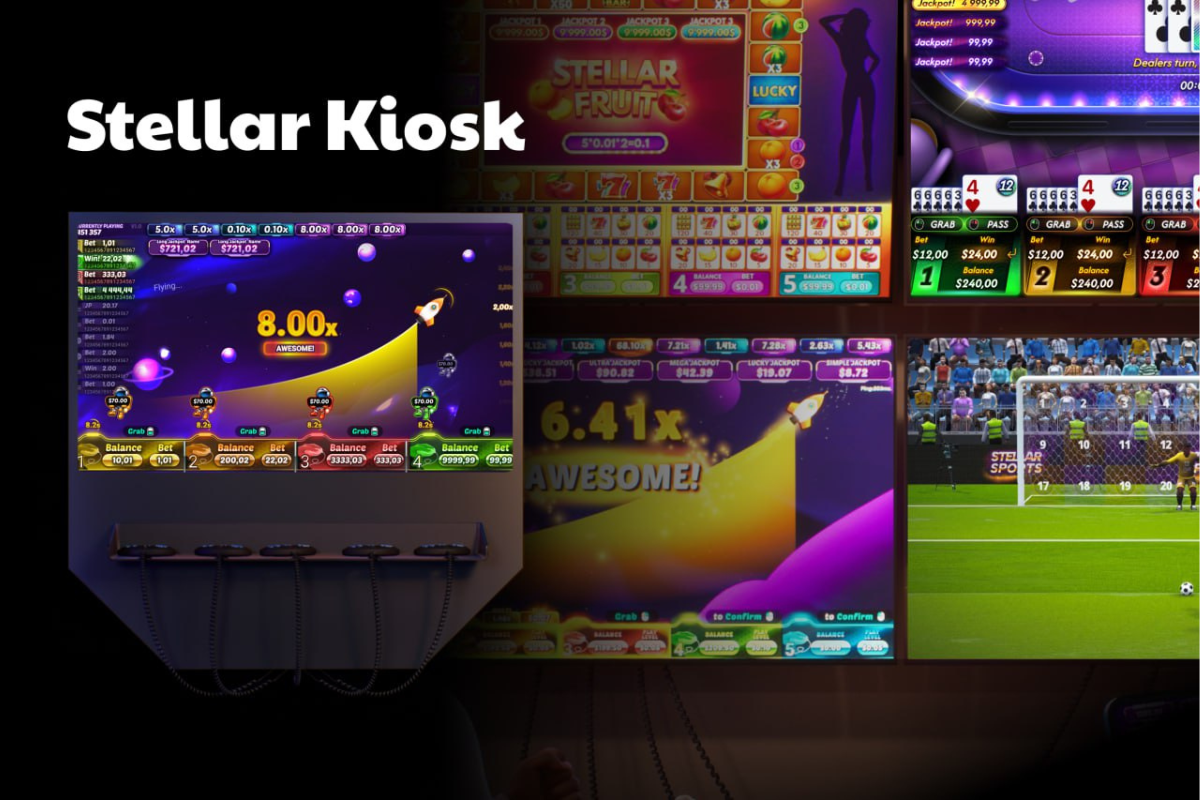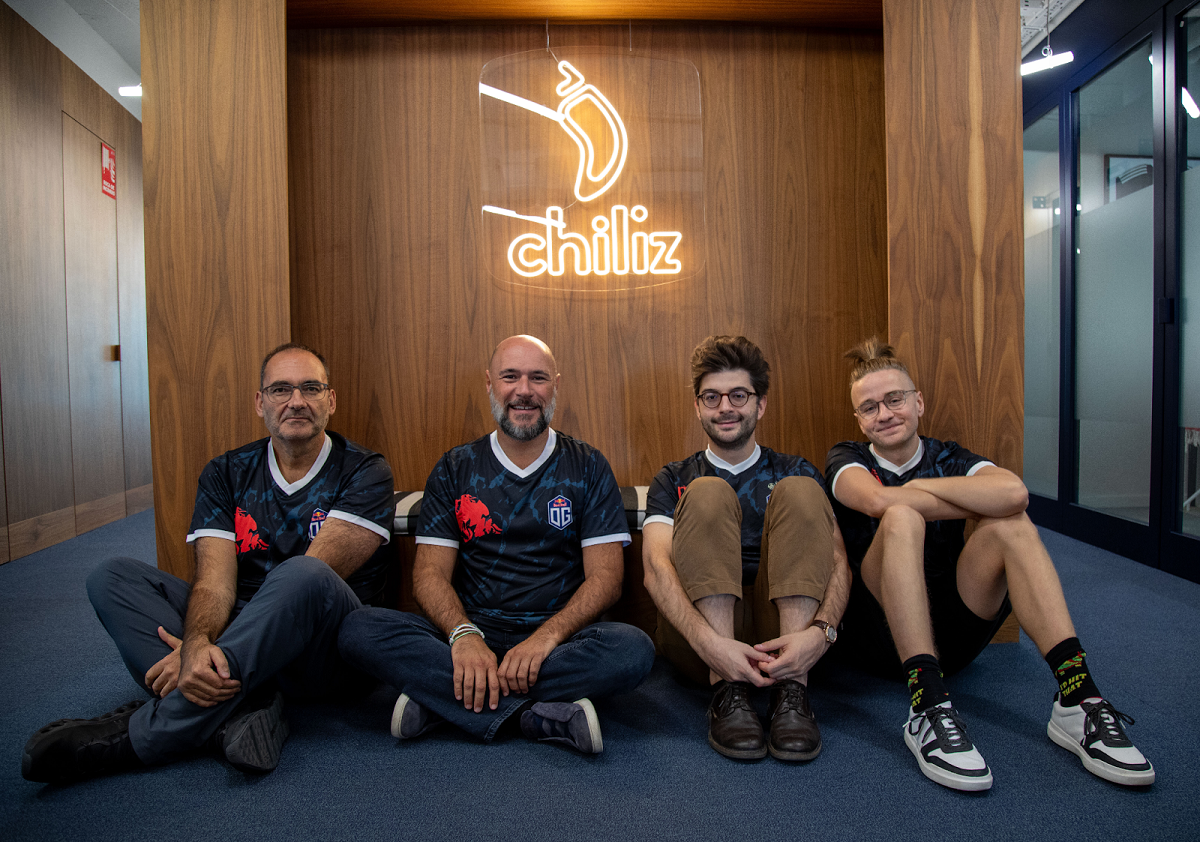Compliance Updates
New Gaming Licence Fees Regulations coming into force on 1 January 2018

The Government has revised the Gaming Licence Fees Regulations (“New Licence Fees Regulations”) contained in the White Paper to Future Proof Malta’s Gaming Legal Framework(“Whitepaper”), whereby the fees for Type 1* games have been substantially reduced. Furthermore, start-ups will be entitled to a 1-year exemption on compliance contributions. The New Licence Fees Regulations were published in the Government Gazette. They will come into force, at very short notice, on 1 January 2018 for remote gaming operators. Subject to parliamentary time being allocated as expected and parliamentary approval, it looks likely that the Gaming Act (including regulations made under it) will come into force on 1 July 2018.
The New Licence Fees Regulations include a transitory period, until 30 June 2018, during which existing licensees will continue to pay dues in accordance with the current legal framework (Remote Gaming Regulation S.L. 438.04) (“Transitory Period”). New licensees will be subject to the requirements of the New Licence Fees Regulations even during the Transitory Period. As of 1 July 2018, all licensees will have to comply with the New Licence Fees Regulations.
Following the end of the Transitory Period, dues paid by current licensees in between January-June 2018 will be reconciled with the provisions of the New Licence Fees Regulations (a ‘true-up’) as follows:
(I) Licensees that have paid more than is required under the New Licence Fees Regulations will be able to set off such amounts against future dues incurred;
(II) Licensees that have paid less than is required under the New Licence Fee Regulations will need to pay the difference accrued by reference month September 2018 meaning that the payment must arrive not later than 20 October 2018.
In addition, under the New Licence Fees Regulations, Class 4 licensees (B2B operators) will no longer be required to pay a monthly gaming tax for every operator they supply licensed in an EEA jurisdiction (other than Malta) or another jurisdiction approved by the Malta Gaming Authority. Class 4 licensees will receive a credit for the grand total of dues they incur in excess of the provisions of the New Licence Fees Regulations during the Transitory Period.
Please do not hesitate to contact WH Partners on [email protected] should you require any clarification, or should you wish to discuss how these changes will affect your business.
*Type 1 gaming services means:
- During the transitory period, gaming services provided in terms of a Class 1 remote gaming licence; and
- After the transitory period, the games defined as such in the First Schedule to the Gaming Authorisations Regulations. These shall include games of chance played against the house, the outcome of which is determined by a random generator, and shall include casino type games, including roulette, blackjack, baccarat, poker played against the house, lotteries, secondary lotteries and virtual sports games.
European Gaming Media and Events will include special reports and briefings about the outcome of the new regulation during education sessions of our conferences.
WH Partners experts are regularly sharing compliance update at the event we organize.
-

 Asia6 days ago
Asia6 days agoDigital gaming disruption tackled in 1st AsPac Regulators’ Forum
-
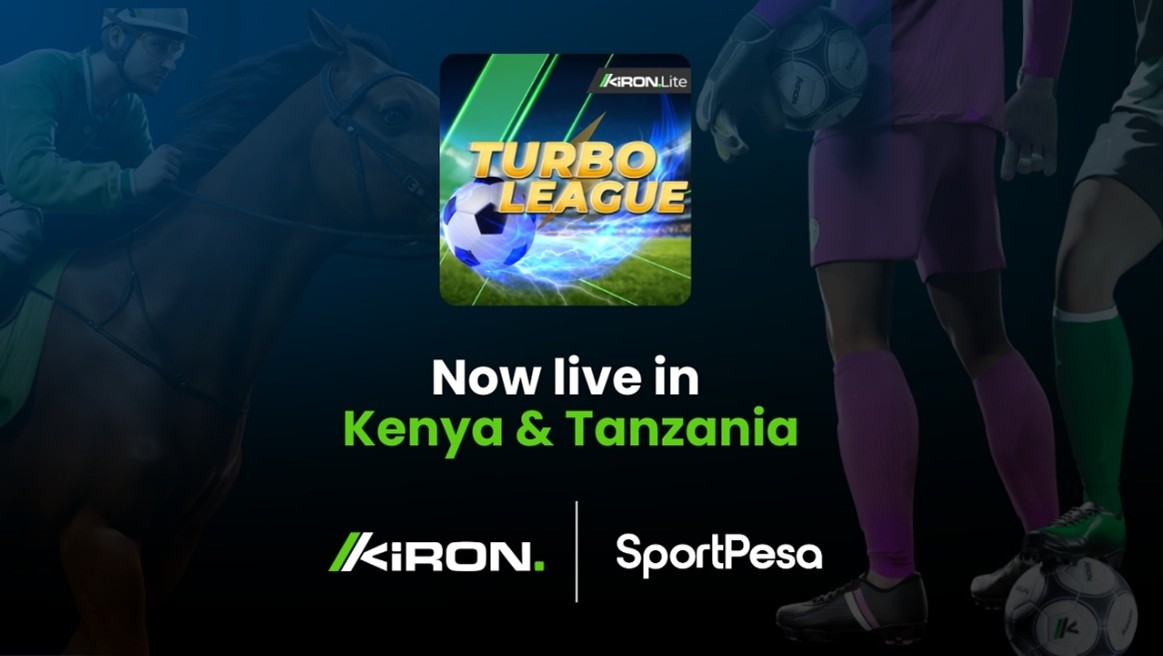
 Africa7 days ago
Africa7 days agoKiron announces the launch of its new virtual football title, Turbo League, with SportPesa in Kenya and Tanzania
-
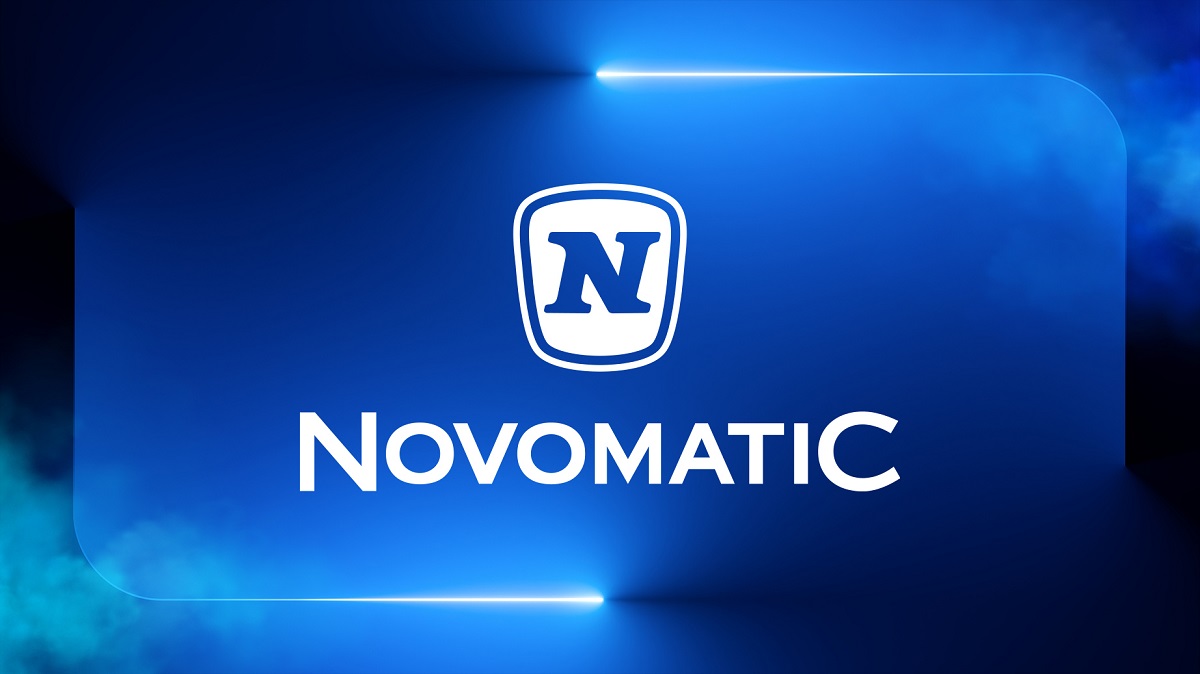
 Aquisitions/Mergers7 days ago
Aquisitions/Mergers7 days agoNOVOMATIC successfully completes sale of ADMIRAL Austria to Tipico and focuses on international growth markets
-
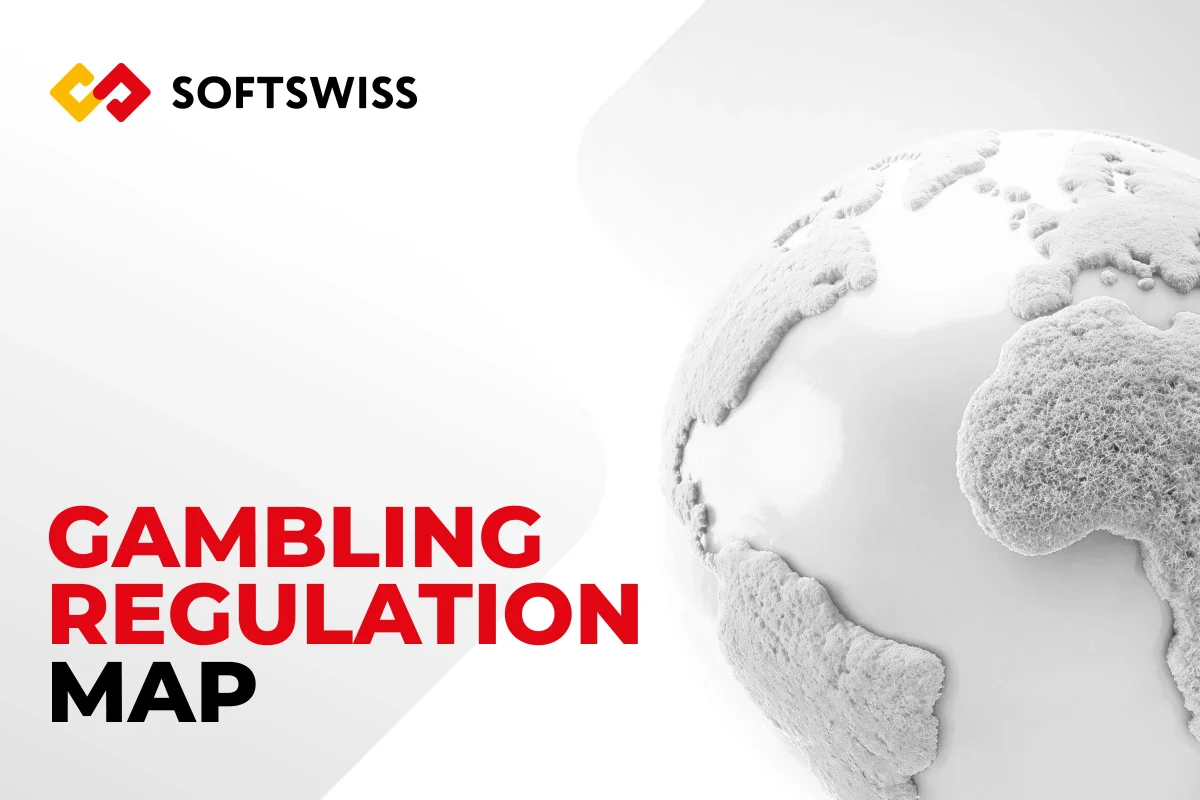
 Compliance Updates7 days ago
Compliance Updates7 days agoSOFTSWISS Releases Gambling Regulation Directory for iGaming Operators
-
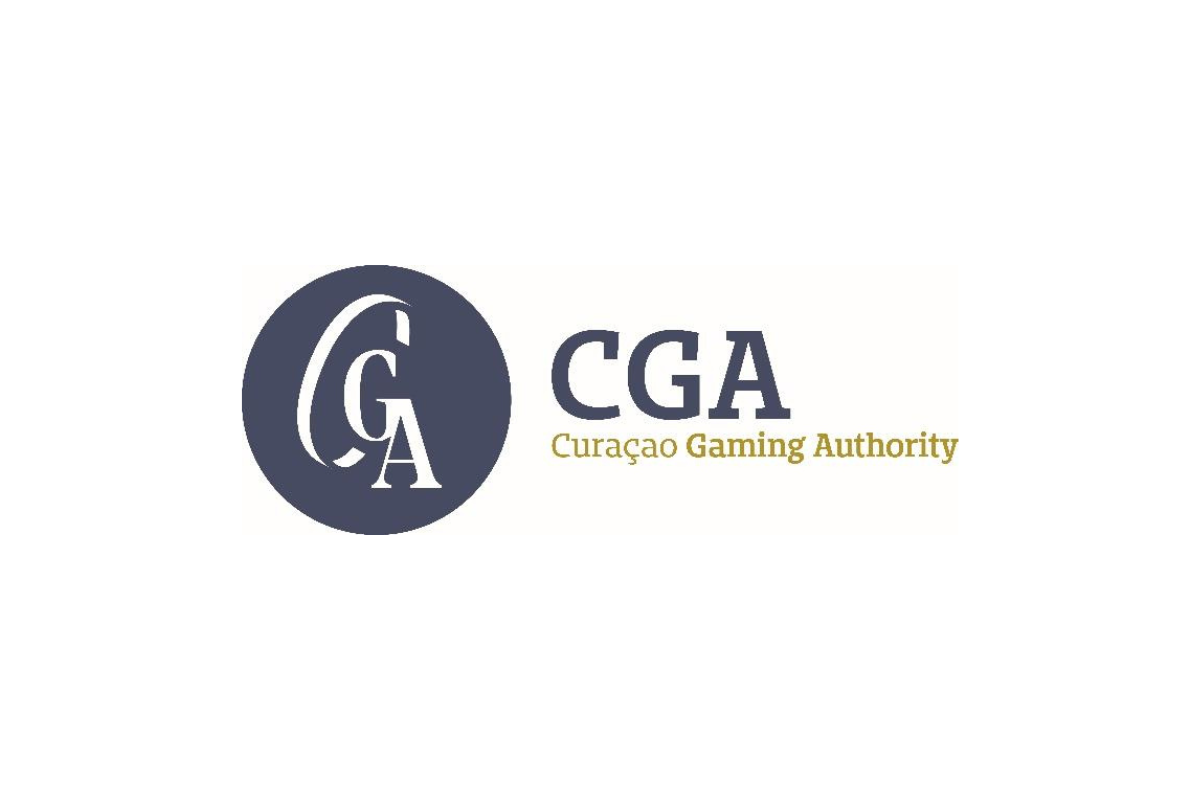
 Compliance Updates7 days ago
Compliance Updates7 days agoAlternative Dispute Resolution (ADR) Role and Certification
-
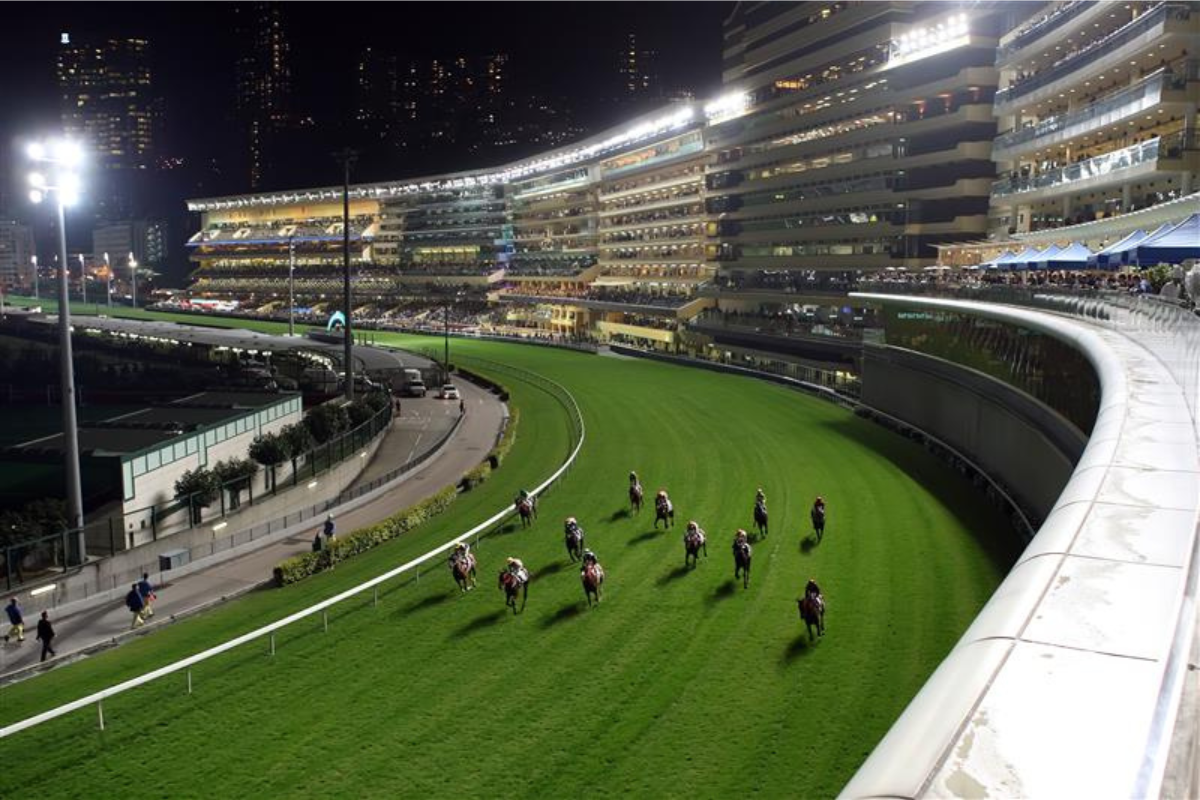
 Asia7 days ago
Asia7 days agoiRace Media extends partnership with The Hong Kong Jockey Club in Asia
-

 Central Europe7 days ago
Central Europe7 days agoSYNOT Games Delivers Bespoke Games Exclusively for SazkaHry.sk in the Slovak Market
-

 Latest News7 days ago
Latest News7 days agoFlutter UKI Invests Nearly £7M into Community Sports









